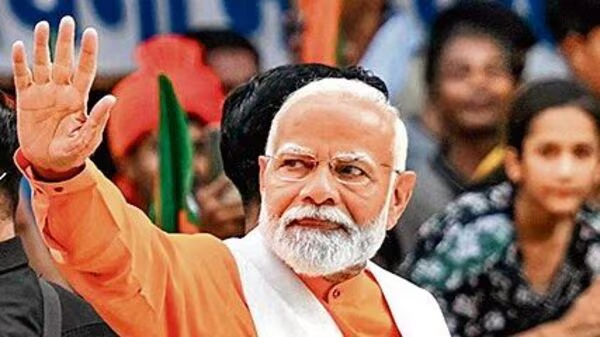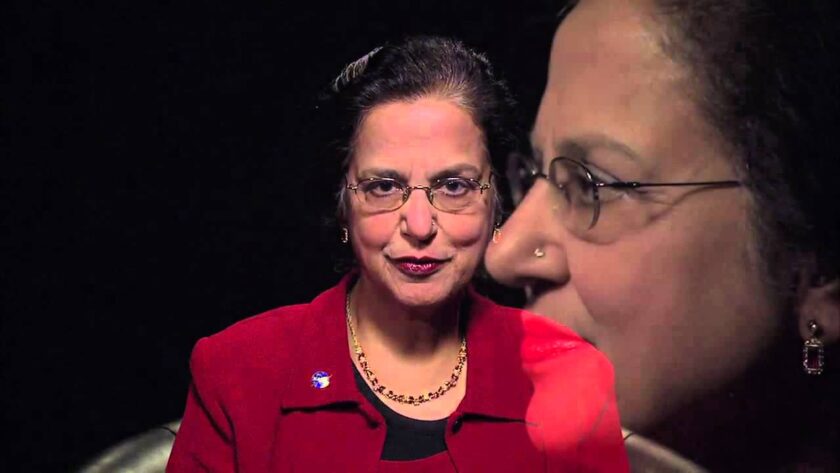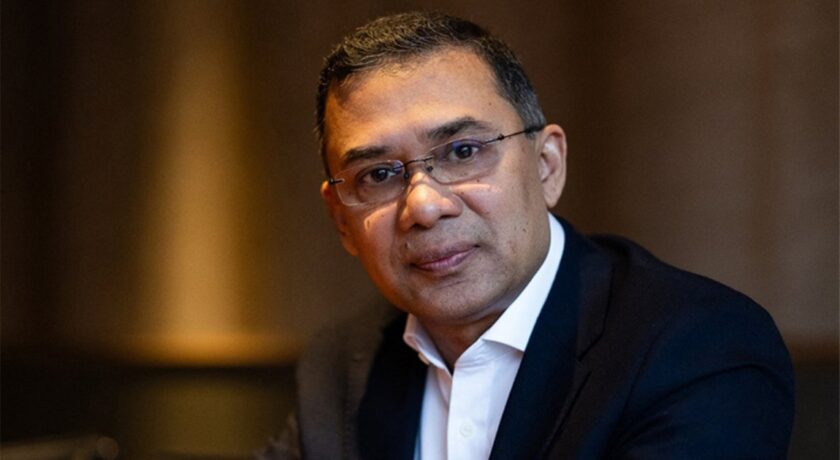Muscat, Oman: In a renewed diplomatic push to curb Iran’s nuclear ambitions, officials from the United States and Iran met in Muscat, the capital of Oman. The fourth round of talks, held under Omani mediation, aimed to de-escalate growing tensions surrounding Iran’s uranium enrichment program and prevent the Islamic Republic from acquiring a nuclear weapon.
The meeting brought together Iran’s Deputy Foreign Minister Abbas Araghchi and U.S. Special Envoy Steve Witkoff. While no definitive agreement was reached, both sides described the discussions as serious and constructive, and agreed to schedule another round of talks in the near future.
High-Stakes Dialogue Amid Nuclear Concerns
The primary objective of the dialogue is to halt Iran’s nuclear progression, particularly in light of concerns that Tehran’s advanced uranium enrichment activities could significantly reduce the timeline for developing a nuclear bomb. Intelligence assessments and international watchdogs have warned that Iran’s current enrichment levels exceed the limits outlined in previous agreements, further fueling fears of a regional arms race.
“The talks this time were more direct and earnest,” Araghchi stated following the meeting. “While we have not yet arrived at a conclusion, both parties articulated their expectations more clearly.” He confirmed that Iran’s uranium enrichment activities remain ongoing and unchanged during the negotiation process.
On the American side, officials acknowledged the complexity of the issue but expressed cautious optimism. “There were some positive takeaways from today’s dialogue, and we are committed to continuing these discussions,” said the U.S. official involved in the talks.

Oman Plays Crucial Mediating Role
Oman’s Foreign Minister Badr Albusaidi, whose nation has often served as a neutral venue for sensitive negotiations, described the talks as “productive” and underscored the importance of continued engagement. “These discussions are vital in reducing tensions and achieving a diplomatic breakthrough,” he said, emphasizing Oman’s longstanding role in fostering dialogue in the region.
Rising Regional Tensions Prompt Urgency
The resumption of talks comes amid heightened friction between Iran, Israel, and the United States. Israel has consistently warned of preemptive action should Iran near weapons capability, while Washington remains concerned about the potential for nuclear proliferation in the Middle East.
The stakes are high. A breakdown in negotiations could not only reignite regional instability but also diminish hopes of reviving any framework similar to the 2015 Joint Comprehensive Plan of Action (JCPOA), from which the U.S. withdrew in 2018.
As global attention remains fixed on Muscat, the next steps in this sensitive negotiation process could prove pivotal for regional and international security. The date for the upcoming round of talks is expected to be announced soon.









